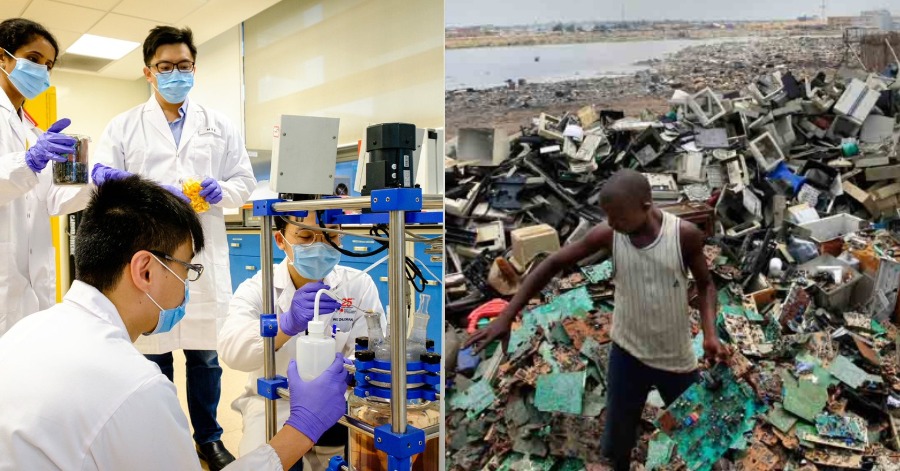Many significant scientific breakthroughs have occurred by chance throughout history. They sometimes arose from seeing promise in an unexpected product or even in the trash from a botched dish, turning serendipity into an accident. Other times, an apparently hopeless attempt yielded a breakthrough out of sheer desperation.
We utilize items like microwaves and matches to make our lives simpler every day. But, believe it or not, these brilliant innovations that allow us to live our lives without worry were produced purely by chance, rather than via trial and error. Do you want to learn about some of the world’s most influential unintentional inventions? If that’s the case, keep reading!
1. Penicillin

Alexander Fleming (the inventor) got up and went on vacation halfway through a bacterium experiment. He left a filthy petri dish in the lab sink, being the slob that he was. When he returned, he saw bacteria had grown all over the plate except where mold had developed. Penicillin was developed as a result of this discovery, and Mrs. Fleming hired a maid!
2. Anesthesia

Nitrous oxide was primarily a party gadget in its golden days, as it made people howl like hyenas. However, at a laughing-gas stage play, a dentist’s buddy overdosed on the substance and gashed his leg. The pal had no idea he’d injured himself. As a result, nitrous oxide was the first kind of anesthetic.
3. Microwave

After WWII, the Raytheon engineer began exploring new applications for the magnetron, which produced microwaves for radar systems. A chocolate bar in Percy Spencer’s pocket melted one day when he was standing near to the gadget. On popcorn, the magnetron performed much better. Hence, the microwave was born!
4. Chewing gum

Thomas Adams was experimenting with chicle, a South American tree’s sap, like a rubber replacement. The disappointed inventor put a chunk into his mouth after a string of failures. He enjoyed it! As a result, Adams New York No.1 became the world’s first mass-produced chewing gum.
5. Brandy

A Dutch shipmaster concentrated wine with heat to make it simpler to transport, with the intention of reconstituting it with water once he arrived. A wine that has been concentrated is preferable to wine that has been diluted down. With that, ‘burnt wine,’ or ‘brandewijn,’ became great popularity in the Netherlands. Because there’s no way you can pronounce brandewijn so a bartender can comprehend what you’re ordering after a few drinks of the stuff, call it brandy.
Many people assume that need is the driving force behind creation, however, this is not always the case.
Funny isn’t it. Who would have thought something accidental would become a useful thing for us!
Sources:Reader’s Digest









Leave a Comment